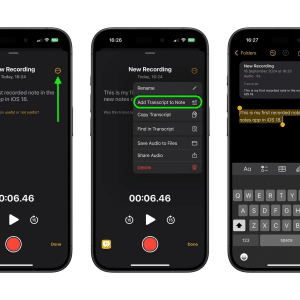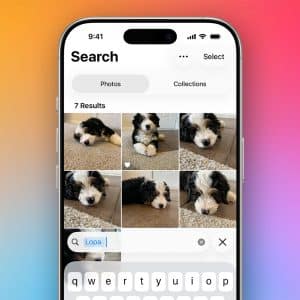 Attorney General Kamala Harris has an app for that
Attorney General Kamala Harris has an app for that
Jan. 11–With all the amazing apps for smartphones and tablets, users’ privacy can get lost in the buzz. California Attorney General Kamala Harris deserves credit for keeping her eye on this important issue.
Thursday, her office issued privacy recommendations for mobile app developers, following up on its privacy principles for mobile devices and operating systems that leading companies including Apple, Amazon, Google and Microsoft adopted last year.
The bottom line is that consumers should know what personal information they’re sharing and with whom, and have informed consent. Mobile apps allow us to play games, find a nearby restaurant, monitor our heart rate and much, much more. But, as the attorney general notes, there are particular privacy challenges with mobile devices that go beyond those with laptops and desktop computers.
Smartphones are almost always on and with us. Mobile devices can store many more kinds of data — information such as phone call logs, text messages, even locations where we’ve been. The apps market is exploding, with more than 1 million available and another 1,600 being introduced daily, some without due consideration to privacy. Smaller screens on phones and tablets make sharing privacy policies more difficult.
The most intriguing recommendation is for special alerts to pop up before sensitive or unexpected information is collected, so you can opt out of the app. That would be far more helpful than lengthy privacy statements that few of us take the trouble to read.
Another key recommendation is that an app should not collect personal information that isn’t needed for its basic functions. That would lower costs and liability for developers, while reducing the chance of a breach that would disclose sensitive data, Harris’ office says.
While these are voluntary “best practices” that go beyond existing law, the industry had input and has largely been willing to go along so far. While less than 50 percent of apps had privacy policies when Harris issued the principles early last year, nearly 85 percent do now, her office says.
Harris has also demonstrated she will go after those who don’t comply with the state’s online privacy law. In October, she sent warning letters to about 100 businesses. In December, she sued Delta Air Lines for not having a privacy policy for its smartphone app.
It’s good for Californians that Harris is ahead of officials in other states on this issue. Besides privacy concerns, jobs are at stake because a big chunk of the industry is based in our state. Too much regulation can raise costs for consumers and get in the way of entrepreneurs.
“These recommendations strike a responsible balance between protecting consumers’ personal information and fostering the continued growth of the innovative app economy,” Harris said in a statement.
Some watchdog groups want Harris and other state officials to go further and mandate privacy rights for mobile users. If Harris’ step-by-step approach works — if companies follow these recommendations — it may not have to come to that.
The Sacramento Bee (Sacramento, Calif.)(c)2013 The Sacramento Bee (Sacramento, Calif.)










